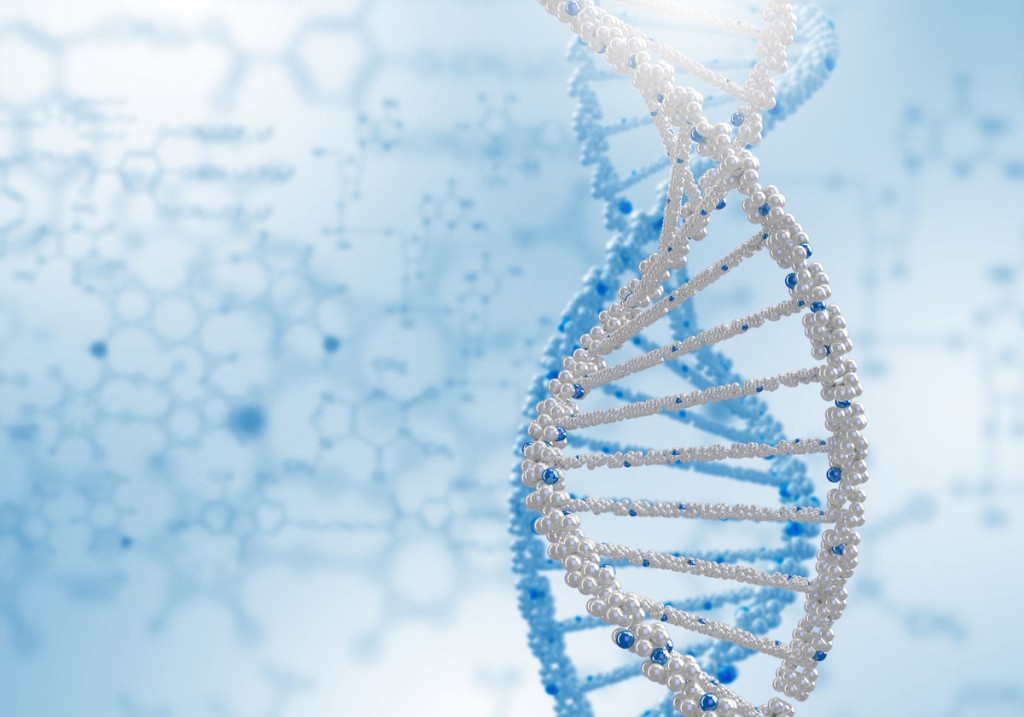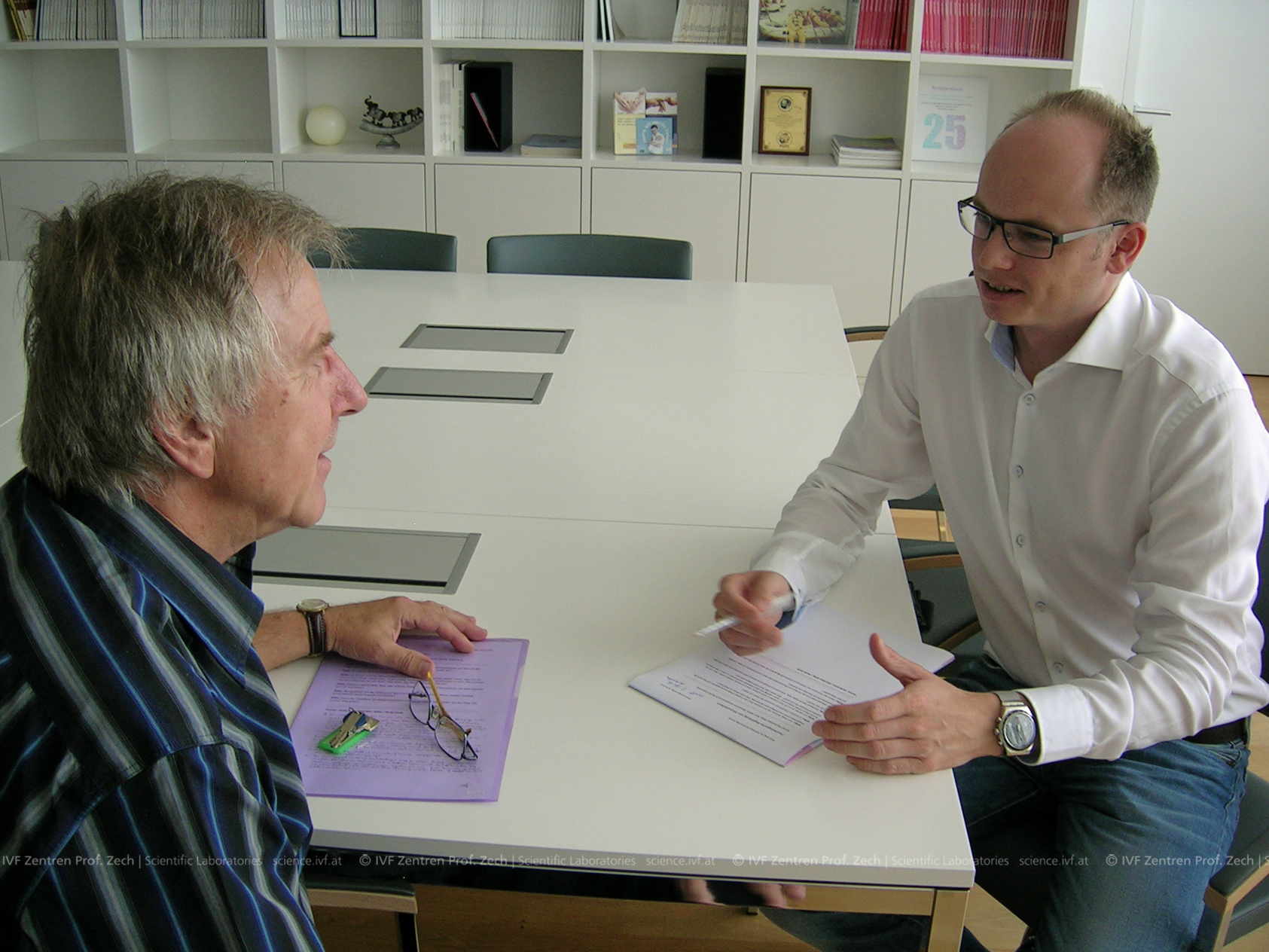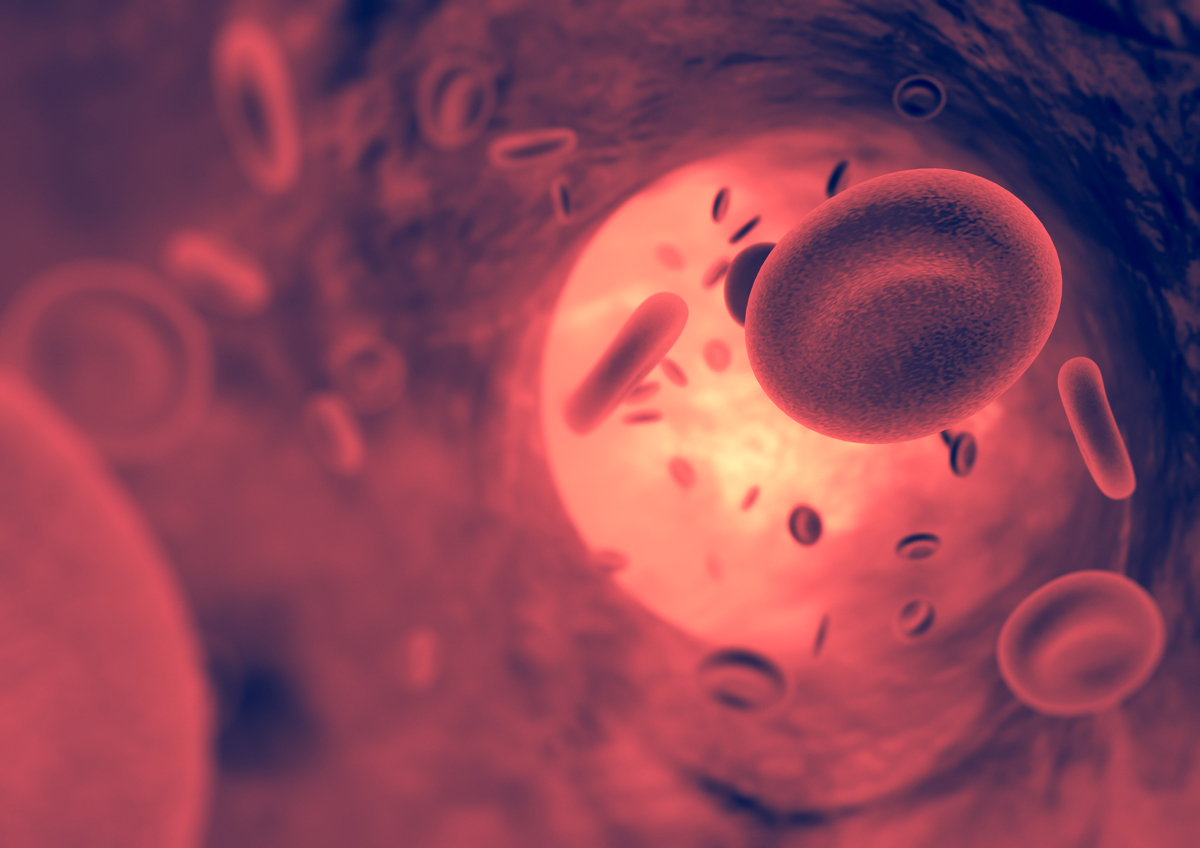Genetic disorders may cause severe diseases in humans and are known to have adverse effects on fertility, which may even lead to miscarriages. A closer look into these genetic disorders suggests that there are two main reasons for this:
Chromosomal disorders and gene mutations.
In chromosomal disorders, a distinction is made between numerical anomalies (changes in chromosome number – aneuploidy) and structural anomalies (changes in chromosome structure – e.g. translocations). According to experts, these chromosomal alterations are responsible for around half of all spontaneous miscarriages.
Gene mutations involve changes to the genetic makeup of a single gene, gene segment or several genes, resulting in so-called monogenetic or polygenetic diseases. One of the best-known examples of such a disease is cystic fibrosis – also known as mucoviscidosis – which is the most common inherited monogenic disease in Western Europe.
The linking of reproductive medicine and genetics is thus becoming more and more important. In this respect, it is worth mentioning the well-known term Pre-Implantation Genetic Diagnosis (PGD).



























